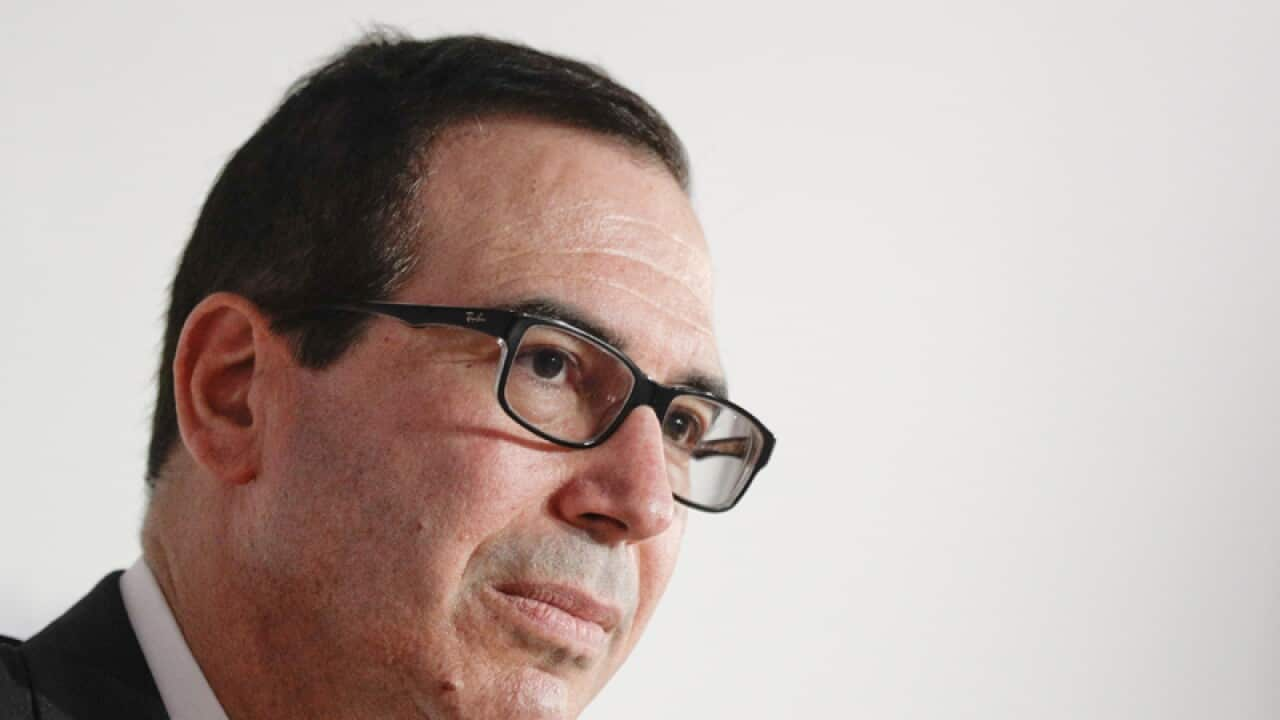The United States believes the world's other rich economies are getting used to the policy plans of President Donald Trump, but Europe and Japan show they remain worried about Washington's shift.
Officials from the Group of Seven nations met in southern Italy on Saturday hoping to hear more about Trump's plans which they fear will revive protectionism and set back the global approach to issues such as banking reform and climate change.
US Treasury Secretary Steven Mnuchin said the United States reserved the right to be protectionist if it thought trade was not free or fair.
"We do not want to be protectionist but we reserve our right to be protectionist to the extent that we believe trade is not free and fair... Our approach is for more balanced trade, and people have heard that," Mnuchin told reporters at the end of the two-day meeting.
"And as I say, people are more comfortable today, now that they've had the opportunity to spend time with me and listen to the president and hear our economic message."
Other ministers from the G7 countries made it clear they did not share his view.
"All the six others ... said explicitly, and sometimes very directly, to the representatives of the US administration that it is absolutely necessary to continue with the same spirit of international cooperation," French Finance Minister Michel Sapin told reporters.
Bank of France Governor Francois Villeroy de Galhau said there was a "light breeze" of optimism within the G7 about the recovering global economy after years of sluggish growth.
But he said the continued uncertainty about the direction of US policy represented a risk, echoing comments made on Friday by Japanese Finance Minister Taro Aso.
"We must not back pedal on free trade as it has contributed to economic prosperity," Aso said.
European G7 officials complain that no-one knows what the US understands by "fair trade" and that the only way to establish fairness was by sticking to the rules of the World Trade Organisation - a multilateral framework.
They also say the US demand to balance trade bilaterally was not economically sound, because trade deficits and surpluses could only be analysed in a global context.

